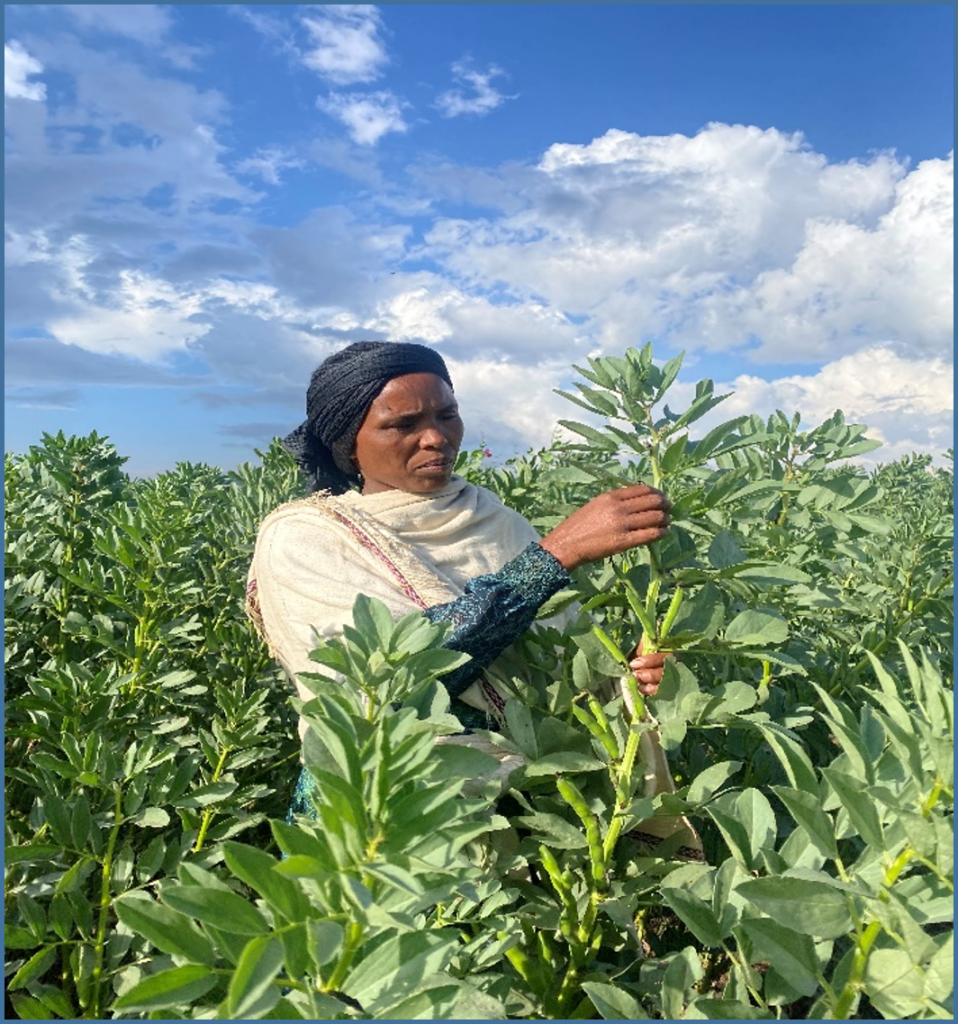North Gondar zone, located in the Amhara region of Ethiopia, is among the areas with the highest poverty indices in the country. All six woredas in the zone are food insecure, with two having very high poverty indices and three ranking with high poverty.
Agricultural production is the major source of subsistence in the region, but the population density creates limitations with an average land holding of 0.7 ha per household. This has resulted in farmers in Kino Mender kebele 2 being among the poorest in the district due to low yield and productivity.
The Semien Gondar Resilience Project (SEGORP) is a collaboration between Alliance2015 member organisation Concern Worldwide, Helvetas Swiss Intercooperation, and the local administration of the North Gondar zone and funded by the Austrian Development Agency, Helvetas Swiss Intercooperation and Private foundation in Switzerland.
SEGORP targets 2,000 rural households in three woredas, aiming to break the cycle of poverty by promoting climate resilience. The project has five main objectives, which include improving natural resource management, creating better market opportunities, improving human condition community institutions, improving governance and accountability, and addressing emerging humanitarian crises.
In 2022, SEGORP collaborated with the Gondar Agricultural Research Institute to introduce climate-smart varieties of fava beans, wheat, and barley to selected areas in the Zone in order to enhance the nutritional value of crops and maximize the utilization of existing rangeland resources.

Endawerk’s story is a testament to the positive impact of the project. As one of the poorest farmers in the kebele, she was unable to produce fava beans in substantial quantity prior to the support of the project and agricultural extension workers. Through the provision of new improved seeds and intensive capacity building support and mentoring on farming techniques, Endawek’s yield soared from 10 quintal/ha to an impressive 28 quintal/ha.
The success of the trial, which was previously deemed impossible by Kino Mender farmers, serves as a great opportunity for them to realize the potential of faba bean and wheat cultivation. With such significant improvements in crop yield, the SEGROP project is poised to make a valuable contribution to the economic development, nutrition intake and food security of the targeted zone.
Endawek recounts how, prior to the project, her farmland produced low yields. Thanks to the project’s provision of improved seeds and training on agronomic practices, sowing methods and effective weeding practices, she is now enjoying great success. Her enthusiasm is palpable, and she admits that she has never before witnessed such an abundant yield on her farm. Each fava bean stalk now boasts an impressive 60-80 pods that tower over her.
Because of her achievement, Endawek has become a role model in her community, particularly among women. Many of her peers come to her farm to see her success first-hand and seek her guidance to replicate it themselves.
Publication date: 16/01/2024


